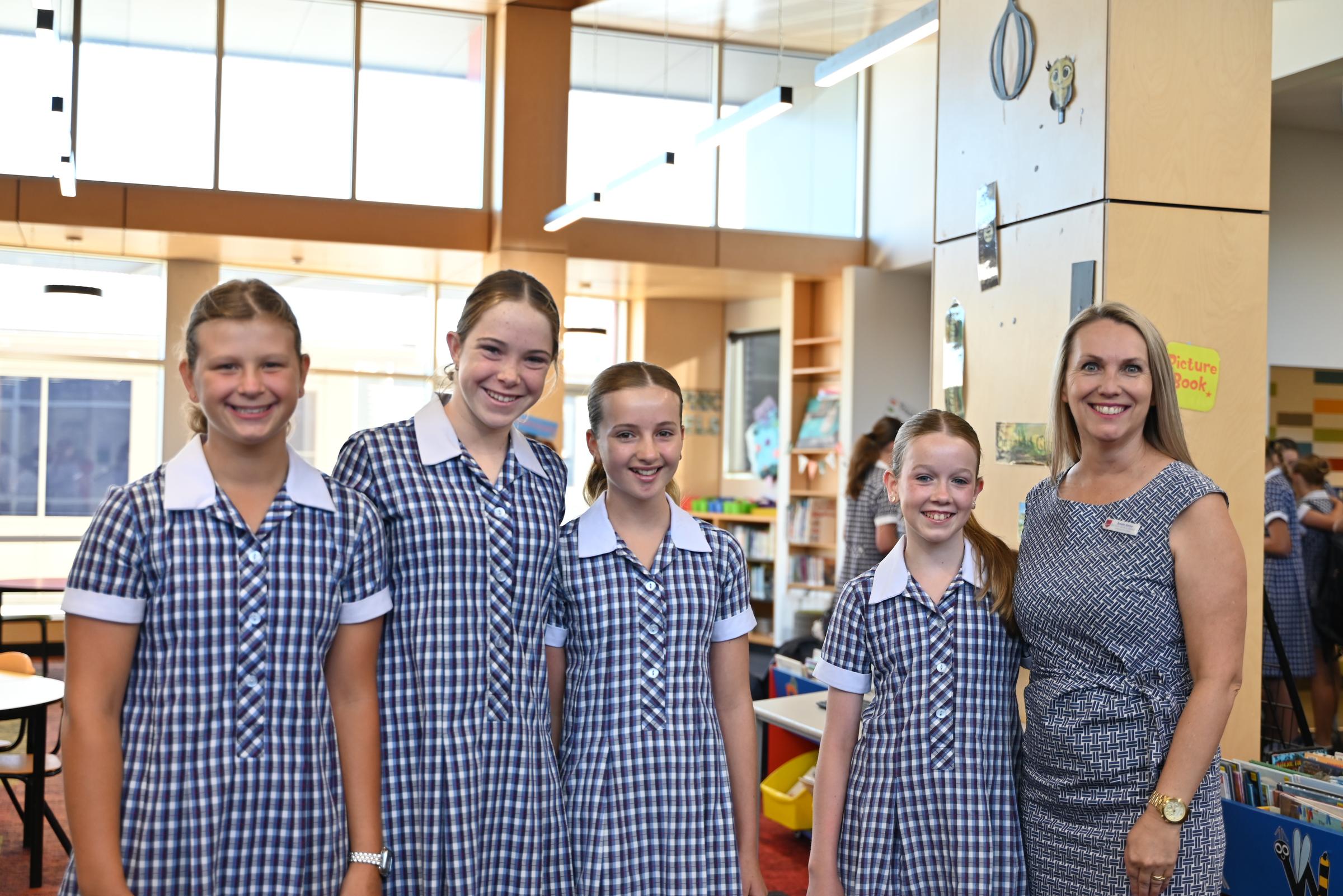Director of Teacher and Learning K-12

Investing in Excellence: Supporting High-Quality Teaching Across Our School
At Moama Anglican Grammar, reviewing our approach to teaching and learning is a key strategic priority. We recognise that high-quality teaching is one of the most important factors in student success. To ensure every student has access to excellent learning experiences, we are committed to the ongoing professional development of our teachers.
From Kindergarten to Year 12, our teachers actively engage in Professional Learning Communities (PLCs). These collaborative groups meet three times each term, offering valuable opportunities to deepen professional expertise, share effective practices, and explore evidence-informed strategies that improve student learning.
Over the past year, our professional development program has focused on the Science of Learning, a field that draws on cognitive science to better understand how students learn. As part of this initiative, we have been working with Dr Jared Cooney Horvath, an internationally respected expert in educational neuroscience. Dr Horvath has helped our teachers connect the latest research findings with practical strategies that support effective teaching and learning.
To embed this work into our everyday practice, teachers are undertaking small-scale classroom projects. These projects allow our educators to trial new approaches, evaluate their impact, and reflect on the outcomes. At each PLC, staff share information with each other regarding their individual projects. This process not only builds the collective understanding of our teaching staff in the Science of Learning principles but also strengthens individual practice and promotes a culture of shared learning and professional collaboration.
Examples of these projects include:
Learning Principle #1 – Written and Spoken Words Don’t Mix
Distinct separation of writing and listening time during lessons. During explicit instruction, students will be asked to simply listen and take no notes so that the brain is only doing one thing at a time. Students are then given time to copy down work and really think about what they are writing, rather than just copying automatically.
Learning Principle #7 - Embracing the Struggle
I am aiming to create a classroom culture where students see the revision and editing of their written work as essential and empowering, rather than a chore, and where they are not afraid of mistakes but embrace them as learning opportunities.
By addressing error analysis, students will develop transferable writing skills and a deeper understanding.
Learning Principle #10 - Recall is Key to Forming Deep Memories
Exercising the ability of the brain to think back to previous learning experiences to identify the important concepts involved in those experiences. Each week, a new concept within the domain of studies was presented to the student group.
The following week, students were asked to draw and or write any one concept which they can remember from the previous lesson or lessons on a small square of paper. The intention is to build their recall over time.
Over the four weeks allotted for this project, the ability of students to complete this task was shown. Data was collected: students over time began to easily recall and draw concepts learnt.
Through this ongoing investment in teacher professional development, we are laying a strong evidence-based foundation for high-impact teaching that leads to improved academic outcomes for all our students.
Kind Regards,
Brooke Barber
Director of Teaching and Learning K-12
